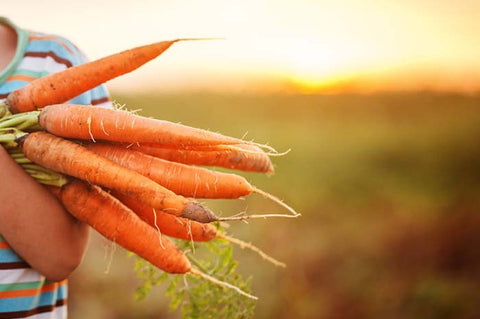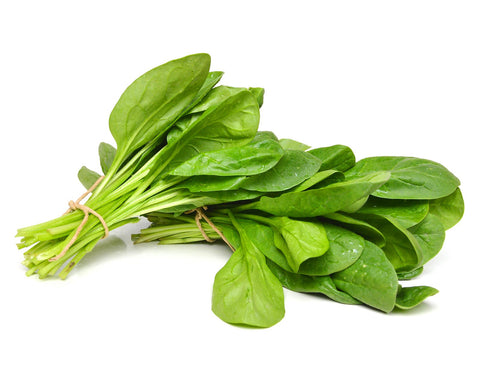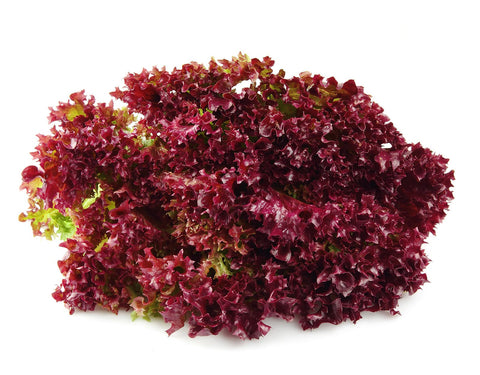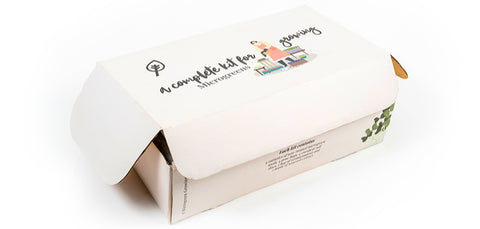The covid-19 impact may have its implications but we can still build an enabling social environment for our children. What better way than gardening to improve well-being, promote physical activity, healthy sleeping patterns, and nutritious habits?
What is a school kitchen garden?

A perfect safe space for cultivating an inquisitive mind and molding ethical social behavior. Want your kids to crave learning? Gardening sets the foundation for developing intellectual interests, further nurtured in subjects like chemistry, biology, botany, mathematics, and social sciences. It offers a birthing soil for a healthy value system promoting moral growth and community spirit.
Benefits of a school kitchen garden

“Neurons that fire together, wire together” – Donald Hebb
An OECD Report in 2019 asserts that neuroplasticity is an underlying function of learning. Emerging studies support that our brains alter in response to our experiences, with early childhood characterized as a time of high plasticity. Childhood and adolescence are periods of rapid development and maturation that impact learning, memory, future behavior, and well-rounded functioning.
Therefore, gardening is one of the best child-rearing practices for shaping positive behavior and development, at the right age.
Here are some benefits of a school kitchen garden:
-
Develops motor skills and cognition.
-
Fosters team spirit and companionship.
-
Encourages healthy and clean eating.
-
Shapes a positive, hard-working attitude.
-
Builds rationality and scientific temperament.
-
Inspires self-esteem and dignity of labor.
-
Improves concentration and focus.
-
Instills patients and perseverance.
-
Sharpens and channelizes inherent curiosity.
-
Builds affinity for the planet and natural environment.
-
Promotes values like love, compassion, sharing, harmony, responsibility, and candor.
-
Discourages expediency, laziness, rashness, and insensibility
Unleash the magic of gardening with AllThatGrows' kid-friendly grow kit – where tiny hands sow big dreams! Our specially designed kit transforms curious youngsters into green-thumb wizards, making gardening a breeze. Watch their excitement sprout as they nurture nature with fun and easy-to-use tools, cultivating a lifelong love for the green wonders around us!

How to set up a school kitchen garden?

According to the Ministry of Human Resource Development, School (Nutrition) Kitchen Gardens are crucial in an era of rapid urbanization and mounting environmental issues to inculcate the habit of growing their vegetables at schools and homes. The Ministry issued guidelines for developing and maintaining kitchen gardens in all schools, in both urban and rural areas in 2019.
Small tips to get planning and monitoring:
- Gardening Committee: Establishing a small team with school staff, administrators and volunteers can help in coordination.
- Identify gardening timeline: Access our free vegetable growing season chart for India to plan your vegetable garden.
- Pick the right spot: Areas along the school’s boundary or playground can be demarcated for a uniform space. Ensure that the site receives full or partial sun as most vegetables need sunlight to grow.
- Establish soil beds: Soil beds are accessible for children of all ages and enable easier weed control.
- Check soil quality: Does your spot have a healthy blend of soil? Ensure best soil for growing vegetables. Learn how to check and improve soil quality.
- Water supply source: Ensure a closeby water source to make it easy for the young gardeners to water their plants.
- Picking the right seed varieties: Carrots seeds, green beans seeds, cherry tomatoes seeds, peas seeds, spinach seeds, lettuce seeds, kale seeds, broccoli seeds, radish seeds, and microgreen seeds are the easiest varieties to grow for a young age group.
Explore more vegetables to grow in your kitchen garden.
Getting children interested in gardening

Teach them first hand with your support system. Getting children interested in gardening includes bringing out their creative and playful side.
-
Make it a play!
-
Give the young ones a free space of their own within the spot you have picked for your school kitchen garden.
-
Divide them into teams to grow and take care of specific plant varieties and build ownership.
-
Allocate personal responsibilities for inclusive participation and responsible engagement.
-
Encourage journaling or sketching the plants at different stages of growth to hone creativity and diligence.
-
Give insights on geographical cycles, ecosystems, and biodiversity of not just their gardens but other parts of the country and the world.
-
Encourage them to share their school kitchen garden experience with their neighborhood friends at home.
-
Educate them on climate change, its implications, and the superhero role they can play at their level to solve the larger problem.
-
Advocate the need for natural and sustainable living through class storytelling, movies, and field trips.
-
Appreciate dirty hands and sweaty heads by the end of school hours.
Make gardening and sustainable living a part of your child's identity for their healthy growth. Spend quality family time and nurture valuable friendships with our green gifting and DIY grow kits.


 Sign In
Sign In

















Let us know your feedback
* Comments must be approved before being displayed.